DAY 7 A COURAGEOUS WITNESS TO THE TRUTH
On 25 January 1990 during a heavy thunderstorm, several lightning strikes burned a number of thatched rondavels (round huts) in the area. Traditionally when this happens it is not seen as a natural phenomenon, but as the work of a supposed witch. The headman gathered his council and the community to discuss the matter, with the aim of finding out who was responsible. They agreed that a traditional healer be consulted to “sniff out” (identify) the person who was responsible for these burnings. A contribution of R5 per person was agreed on to pay the person.
Benedict arrived late at the meeting after this decision had been taken. His explanation that lightning was a natural phenomenon was rejected. He argued strongly against blaming witches for causing lightning strikes. When the decision was upheld, Benedict refused to pay the contribution, arguing that his Catholic faith prevented him from taking part in anything connected with witchcraft.
Word of God
“And I tell you, everyone who acknowledges me before men, the Son of man also will acknowledge before the angels of God; but he who denies me before men will be denied before the angels of God”. (Luke 12, 8-9)
Deepening of Faith
Witchcraft, which is based on the traditional religions, is currently experiencing a certain revival. Old fears are re-surfacing and creating paralyzing bonds of subjection. Anxiety over health, well-being, children, the climate and protection from evil spirits at times lead people to have recourse to practices of traditional African religions that are incompatible with Christian teaching. The problem of “dual affiliation” to Christianity and to the traditional African religions remains a challenge. Through profound catechesis and inculturation, the Church in Africa needs to help people to discover the fullness of Gospel values. It is important to determine the profound meaning of these practices of witchcraft by identifying the many theological, social and pastoral implications of this scourge. (AM 93)
Reflection: Am I afraid to stand up for my Christian belief when it is
ridiculed or attacked in the name of ‘traditional culture’?
Do I believe in witchcraft? Have I sometimes practised it?
Prayer: Incline not my heart to any evil, to busy myself with wicked deeds
in company with men who work iniquity;
and let me not eat of their dainties!
Let a good man strike or rebuke me in kindness,
but let the oil of the wicked never anoint my head;
For my prayer is conntinually against their wicked deeds.
(Psalm 141, 4-5b)
NOVENA PRAYER:
O Blessed Trinity,
I believe that you dwell in me through my baptism.
I love You, I adore You and I worship You.
I give you thanks for Blessed Benedict,
Whom you chose to bear witness unto death for his faith
In Jesus Christ, my Saviour and my Lord.
Almighty Father, You filled the heart of Blessed Benedict,
With great love and zeal in building up your kingdom.
You gave him the courage and the strength
To stand up for his faith without fear, even the fear of death.
Loving God, keep me free from all deeds of darkness.
Protect me from evil spirits and the powers of evil.
Make me a true apostle of life in my family and in society.
May Your light, O Lord, shine upon me and through me.
Lord Jesus, through the intercession of Blessed Benedict,
I ask that I may follow his example
Of always being ready to forgive in a Christian spirit.
You know all about my many problems and worries
And my great fears when I look to the future.
I draw strength and courage from the life of Blessed Benedict.
I come to You now, Lord, and through his intercession
I ask for this very special favour………
(mention your request/s)
if it is according to Your will.
Help me always to follow the good example of Blessed Benedict.
By daily prayer and regular attendance at Church,
Help me to love You, O Lord, above all things
And to love others as You love me.
Amen.

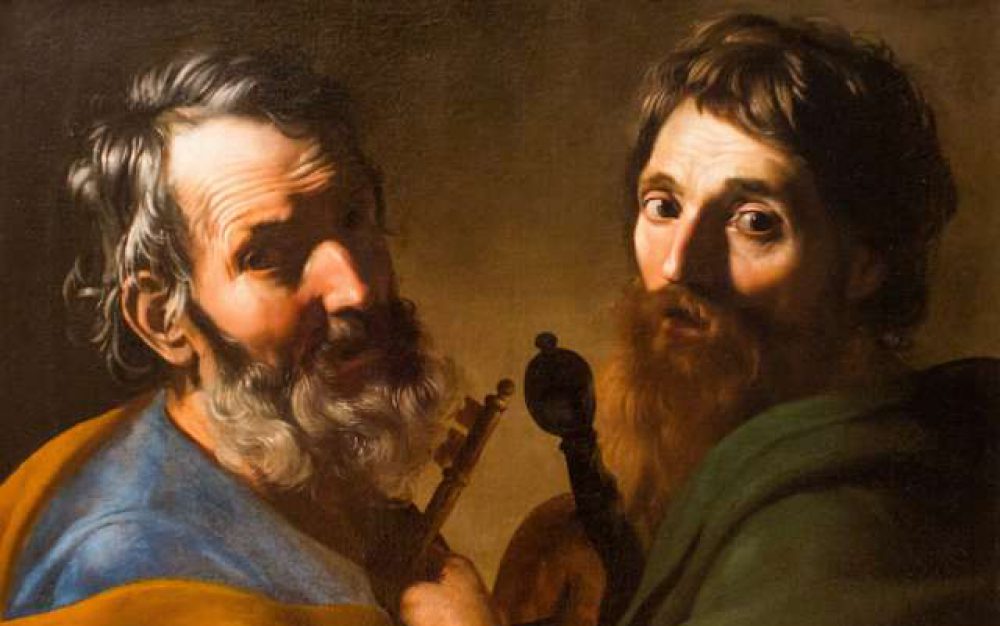
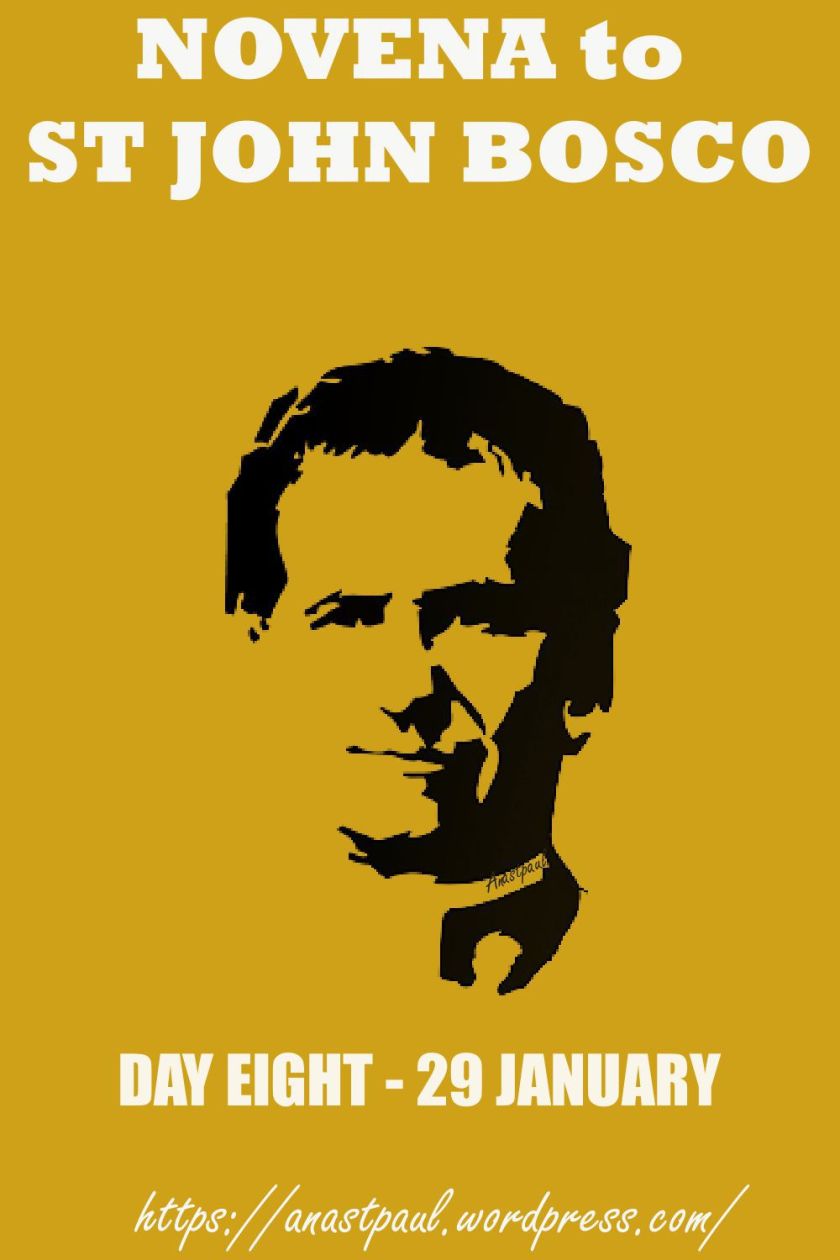

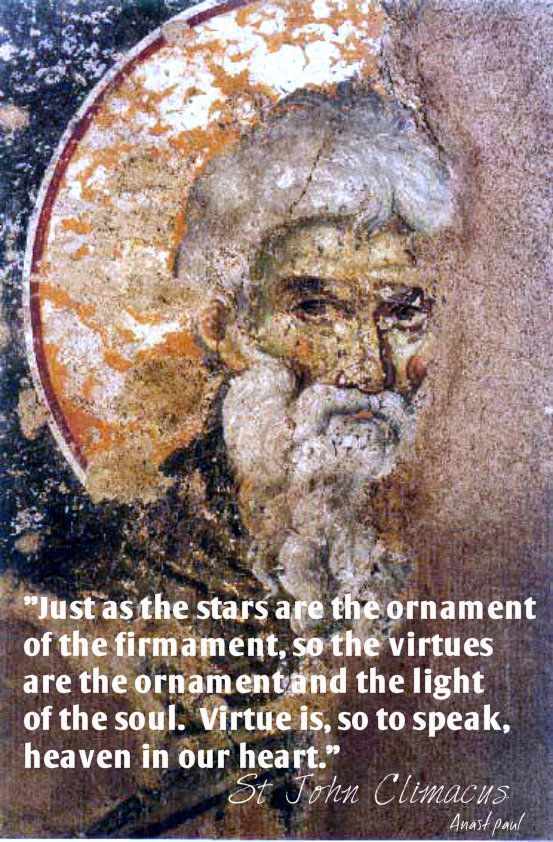


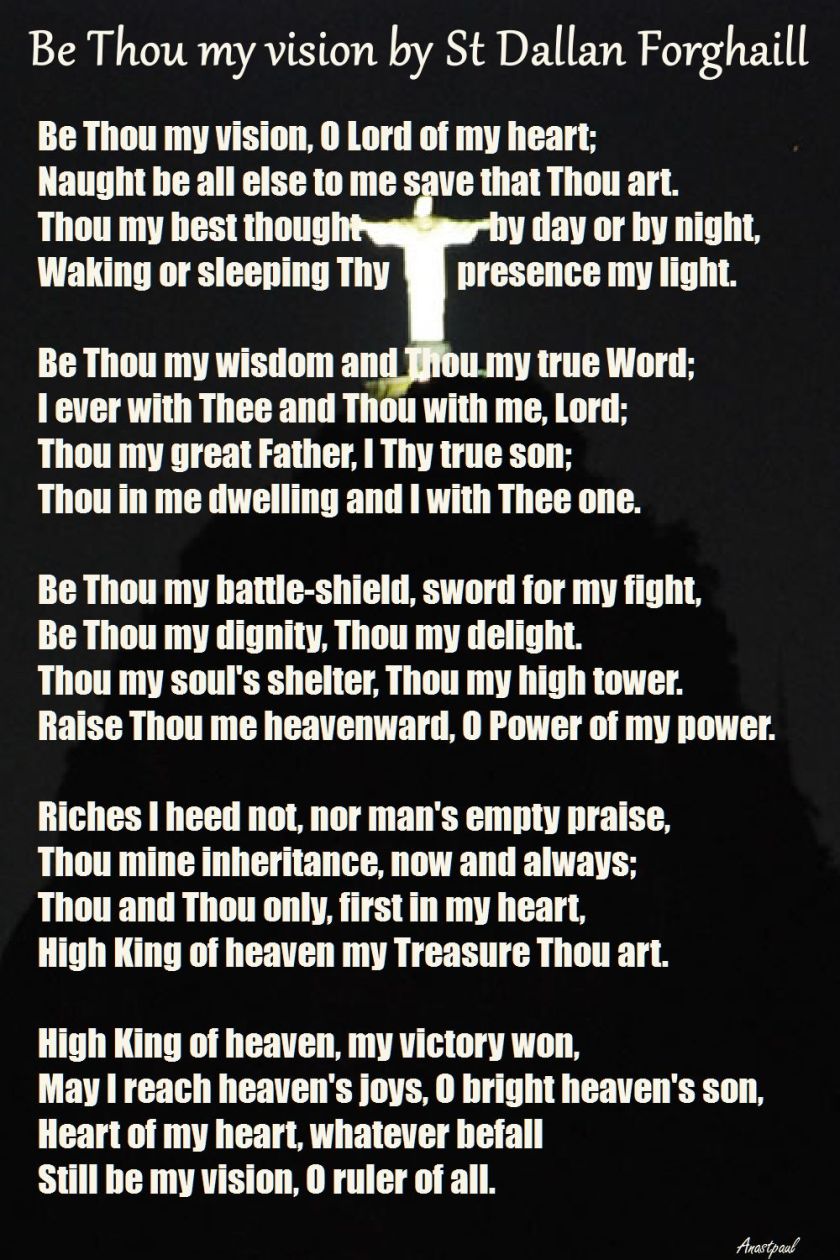

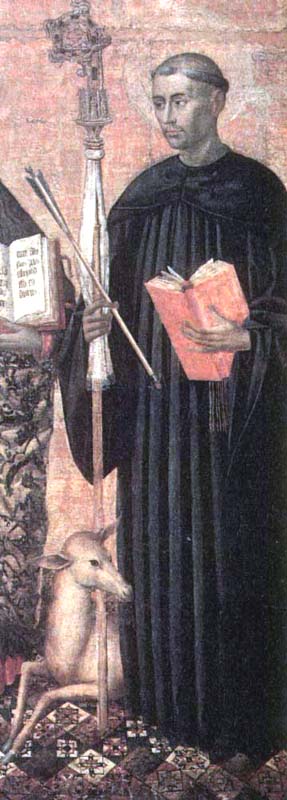
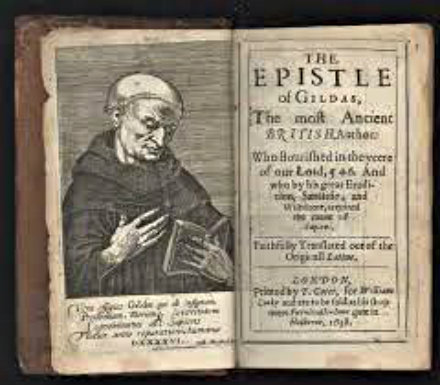


You must be logged in to post a comment.